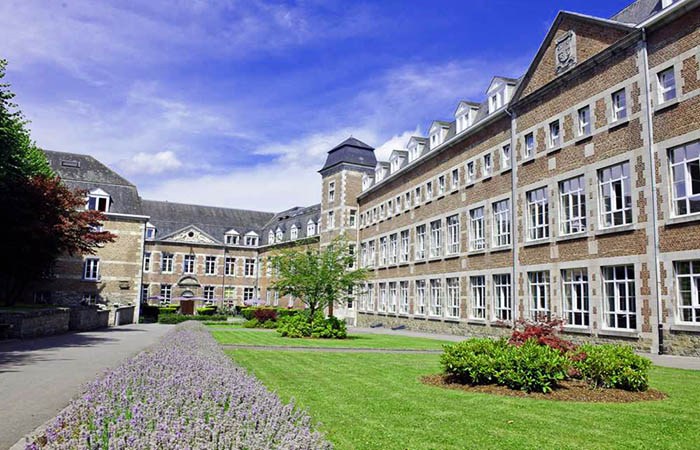
School in Belgium
The interesting facts of system of the Belgian education begin with the early childhood. Training is based more on presentation here. In each class one, constant tutor, analog of the Russian class teacher works, he is obliged to show an individual approach to each child. Need to impart to children such qualities as belongs to duties of the cool teacher also at an early stage: accuracy, ability to work in group, to show respect for peers, responsibility for the work. Elementary school is always located separately from high school. Here psychologists work, offices are specially equipped for carrying out occupations with kids, it is a lot of game rooms, and also there are computer classes, the dining room and gyms, sometimes with pools.
Development of creative abilities of your children at elementary and high school also lays down on shoulders of school teachers. Various circles and clubs where children could show the creative abilities fully will for this purpose be organized. Your child can independently choose that circle which is pleasant to it, and also to change a kind of activity at discretion without reason explanation. Clubs of acting skills, poetic club, club of singing and playing musical instruments, a circle of sewing and needlework enjoy the most wide popularity among children.
One more feature of the Belgian school is also interesting. Here great attention stories of the native land, and also to the countries of Europe and the world are given. For this purpose schools independently conclude contracts with educational institutions of the different countries, and school students can go to each other on an exchange, study culture of the country from within, living in families.
Education system in Belgium
training level age
elementary school
6-12
high school
12-16
high profile school
16-18
the higher school
18-23
The first step of school training – six-year elementary school. The first four years of secondary education are considered as obligatory and are subdivided into three steps for two years. About a half of school students who end the first and second steps receive all-pedagogical preparation, art education or, for example, technical training. Other children take the general course. From those who studied according to the general program then continue to visit the highest step of high school upon termination of which the certificate which grants the right for entering a university is issued.
Secondary education, especially for those children who ended the specialized program (the art program, workmanship, music, dance, any technical training) in Belgium passes generally in colleges. There are certain “Presidiums” where 3 various groups enter: social group, school newspaper and group on the organization of cultural leisure. Representatives from each of these groups gather once a week for general meeting and share results about the done work.
UNIVERSITY IN BELGIUM
Advantages:
High quality of education. For the Belgian system of the higher school communication of process of training and carrying out basic and applied researches in the most important directions of development of modern science is traditional. On science in the budget of universities about 40% of all allocations are taken away. An opportunity to pass training in one of the international organizations which headquarters is located in Belgium.
Belgium is famous for advanced industrial production and exclusive quality of goods. Belgium is also the intersection of trade ways between Holland, France, England and Germany, and the transport network is perfectly developed here. Antwerp located in northern part of the country – the world center of trade in diamonds. For centuries Flanders (the North of Belgium) headed for the international business. All this gives great opportunities to graduates of the Belgian higher education institutions. Therefore it is necessary to go behind knowledge in the field of estestvennouchny disciplines, transport management and logistics, management there. High quality of education is confirmed, for example, by the fact that Vlerick management school and its MBA programs enter a 10-ka of the best in Europe.
Higher educational institutions of Belgium
The Belgian universities always fluctuated between the Netherlands and French education systems. As a result in French-speaking areas the priority was given to the French system, and in the Flemish – Netherlands. In 2004-2005 the Belgian government carried out reform as a result of which training in higher education institutions was unified. Now it corresponds to the international bachelor-master system. The national component remained only in names of degrees.
In systems of the higher education two main sectors are presented: university (17 universities) and not university. Higher education institutions are divided into educational institutions of university type and the higher schools. There are 7 actually Belgian universities, along with them there are offices of several foreign universities (in Brussels and Antwerp), and also a number of the Belgian higher education institutions equated to universities (usually they have the name of university faculties, centers, associations or funds). Also Royal military school treats university educational institutions. Not university sector of the higher education represents a network of higher educational institutions with” long” or” short” a cycle of training, giving higher education.
According to the status higher educational institutions of university sector are subdivided on state and non-state. Part of higher education institutions of the country are the state, or “official” educational institutions which financing of activity is put in budgets of the governments of communities. The others were based by individuals and the organizations and received the name “independent” or “free”. Many of them were created under the auspices of the Roman Catholic church which is traditionally playing in Belgium a large role in the organization and a financing of education of all levels, including, the highest. Some independent educational institutions, in particular, Catholic universities, enjoy financial support of the governments of communities.
The state universities (rijksumverseiten) give traditional arts and natural-science higher education. Non-state universities (free universities) have also specific (professional) or religious orientation (Catholic universities).
Diplomas and degrees
course
duration
degree
Basic
2 years
Candidature (in other education systems corresponds to the bachelor’s degree)
The main
3 years
Licenciate (in other education systems corresponds to the diploma of the Master)
Additional
2 years
Docteur (expert)
The highest
2 years
to agrezha of the higher education
The minimum term of training at university 4 years though for receiving some specialties training duration at university makes 10-12 years.
Academic year: from September to June. Schedule of educational process: the academic year at universities is divided into two semester: September/January, February/June.
System of training at universities multistage: each cycle of university training as for receiving university, and scientific degree comes to the end with receiving the following degrees: “candidate” – after two-three years’ basic training, is a so-called first cycle.
Degree “licentiate” – corresponds to the bachelor’s degree, it can be received after two or three years of additional training in specialization and writing of scientific work. On some disciplines this degree can be received after longer period of training: three years – for a rank of the engineer, the druggist, the expert in the field of the right or after four years – ranks of the doctor of medicine, the surgeon and the obstetrician.
Not earlier than in a year after receiving degree “licentiate”, and also after writing and defense of a thesis it is possible to receive degree of “doctor” – which corresponds to the master’s degree;
The highest degree in this hierarchy is to “an agrezha of the higher education” it can be appropriated in two years after receiving degree of the doctor.
How to enter to the university of Belgium?
In higher educational institutions of Belgium there are no restrictions for reception, it is only necessary to file the relevant documents (see below). Nevertheless, the most prestigious of higher education institutions arrange entrance competitive examinations. Usually for transfer on the program of a bachelor degree it is necessary not only to graduate from school, but also to be disaccustomed also at the first year the Russian higher education institution or to receive the certificate about secondary education in one of the European countries.
Receipt terms
Entrants foreigners are recommended to make an inquiry about inclusion in these universities in 10 months prior to desirable time of the beginning of training.
The list of documents for receipt in the Belgian higher education institution
In higher education institutions of Belgium it is necessary for foreigners for revenues to study, to collect a package of documents which has to include:
International passport;
Confirmation of foreign language skills (for example, English or Dutch for training at university of Antwerp, French for training at Free University of Brussels, etc.);
Confirmation on the got education with the notarized translation, Confirmation on recognition of education in Belgium (if it was received in Russia) – for example, in Flanders it is engaged in NARIC – National Information Centre by recognition of the Academic Documents;
permission to registration as the student in one of the Belgian educational institutions;
confirmation of material security – confirmation that expenses on stay in Belgium, and also will be paid for training by parents of the student or sponsors; the certificate on allocation of this or that grant or certified by the Belgian Embassy or consulate the certificate of non-conviction;
the health certificate certified of the Belgian Embassy or consulate.
Expenses on life in Belgium
Students of some specialties pay laboratory works. Annually each student spends not less than $400 for acquisition of textbooks.
Grants
Flemish and French communities of Belgium offer several scholarship programs for the foreign students diploma students wishing to receive degrees of the bachelor or the master. For example, the grants which are given the French commune of Belgium, university of Brussels and university of Wallonia. The grant of University Agency of Francophonie is intended for students, teachers and researchers. It is quite heavy to receive them as the competition is very high. And often it is grants on short programs – about one year. Requirements to contestants – knowledge of one of languages, the interesting project of research or the thesis, an appreciation in the last educational institution.

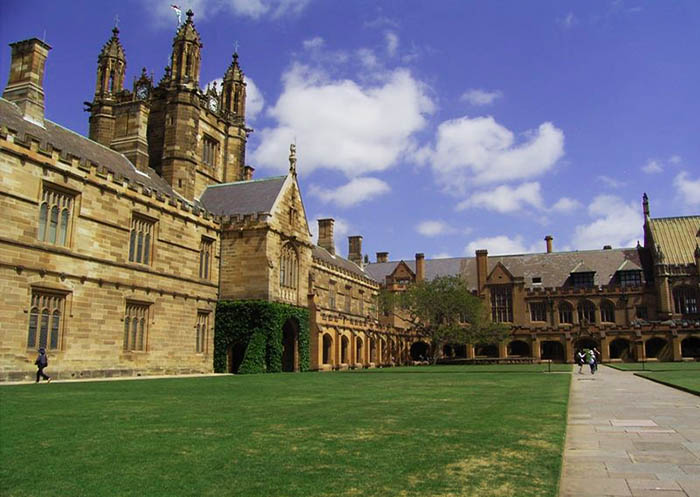
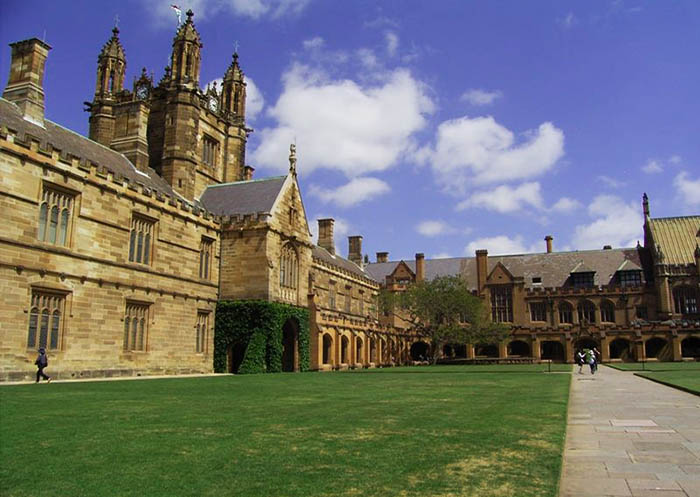
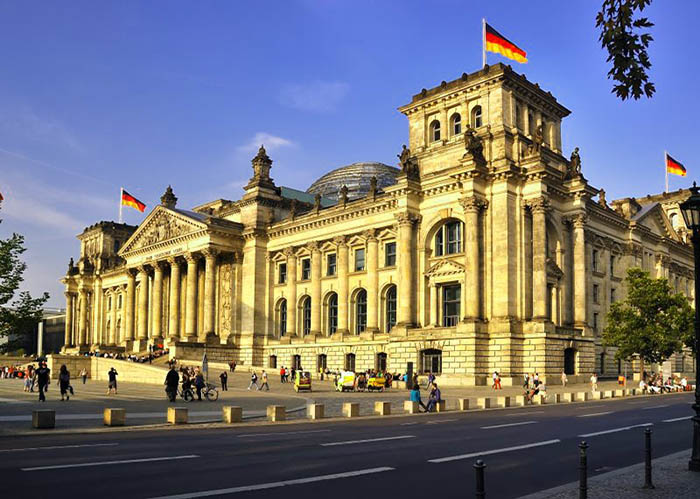
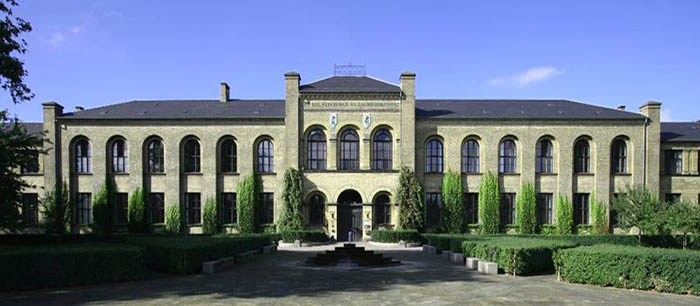
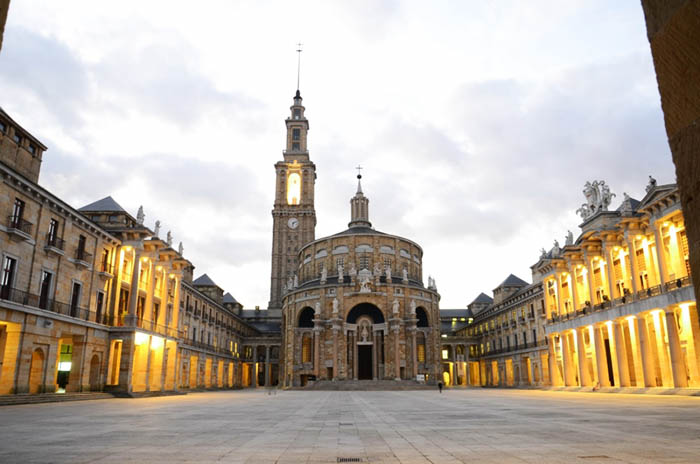
Leave a Reply